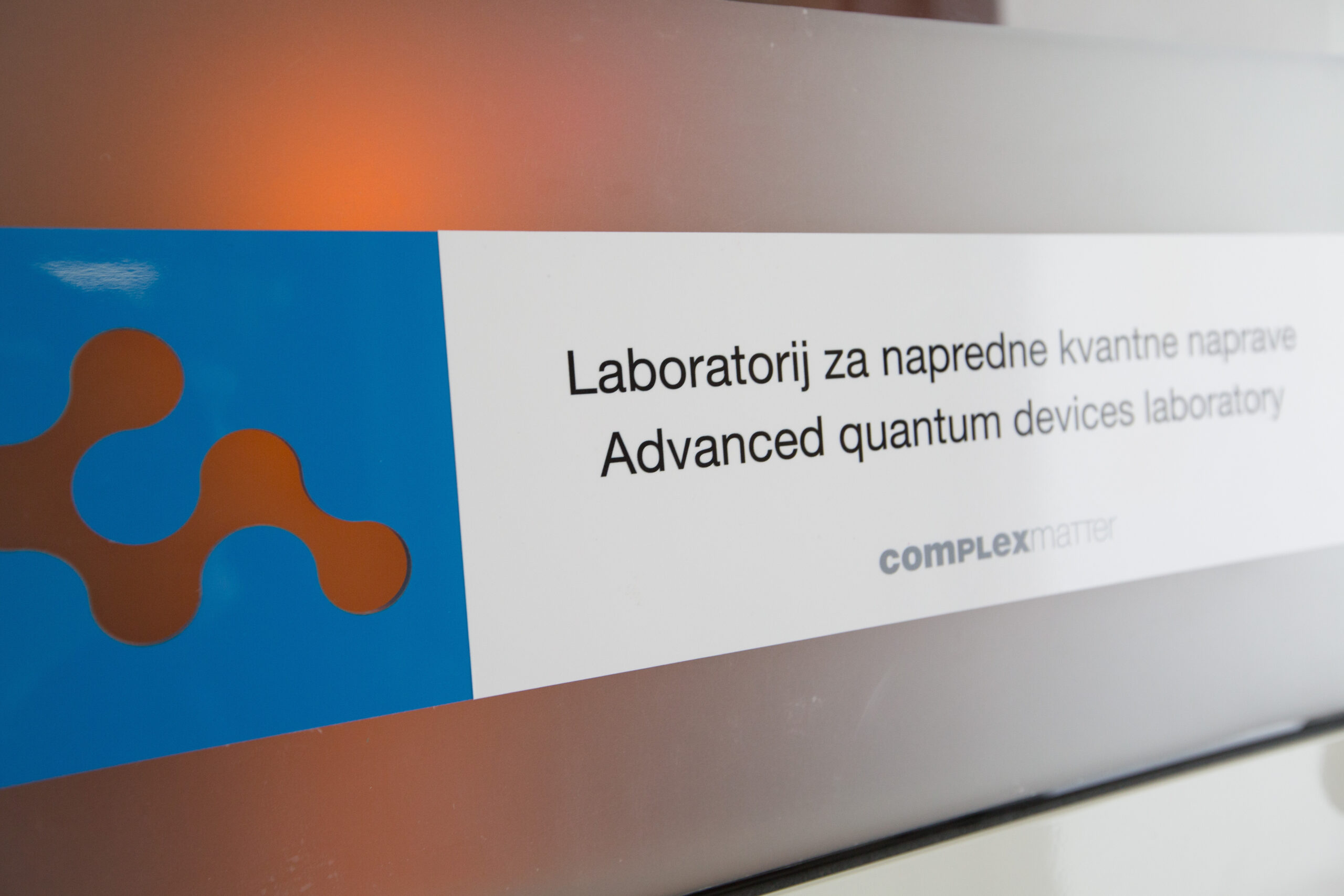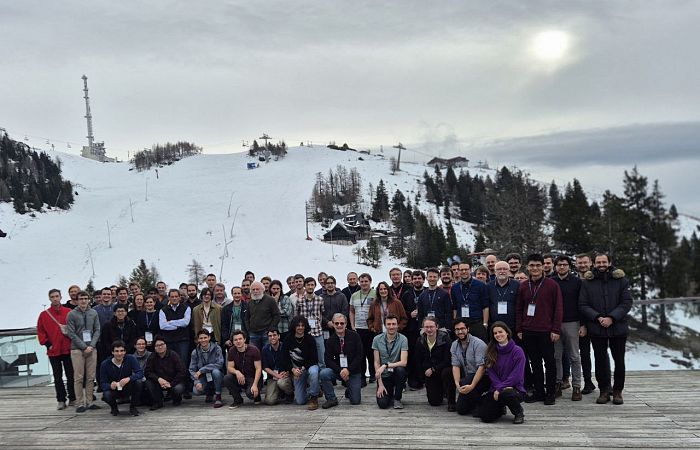Anton Potočnik, IMEC
Future quantum computers will not only be faster, but also able to solve problems that are inaccessible to classical computers. This includes cryptography, optimization and logistics, quantum chemistry, quantum mathematics, machine learning and more. The road to building useful quantum computers is challenging, but every year we are a step closer. In this colloquium, I will present our approach and achievements in hardware for building superconducting quantum computers. These include investigating energy losses at surfaces [1,2] and increasing quantum coherence by reducing electromagnetic thermal noise. I will present the latter in combination with a successful first demonstration of the integration of classical electronics with superconducting qubits [3] at temperatures around 10 mK.

